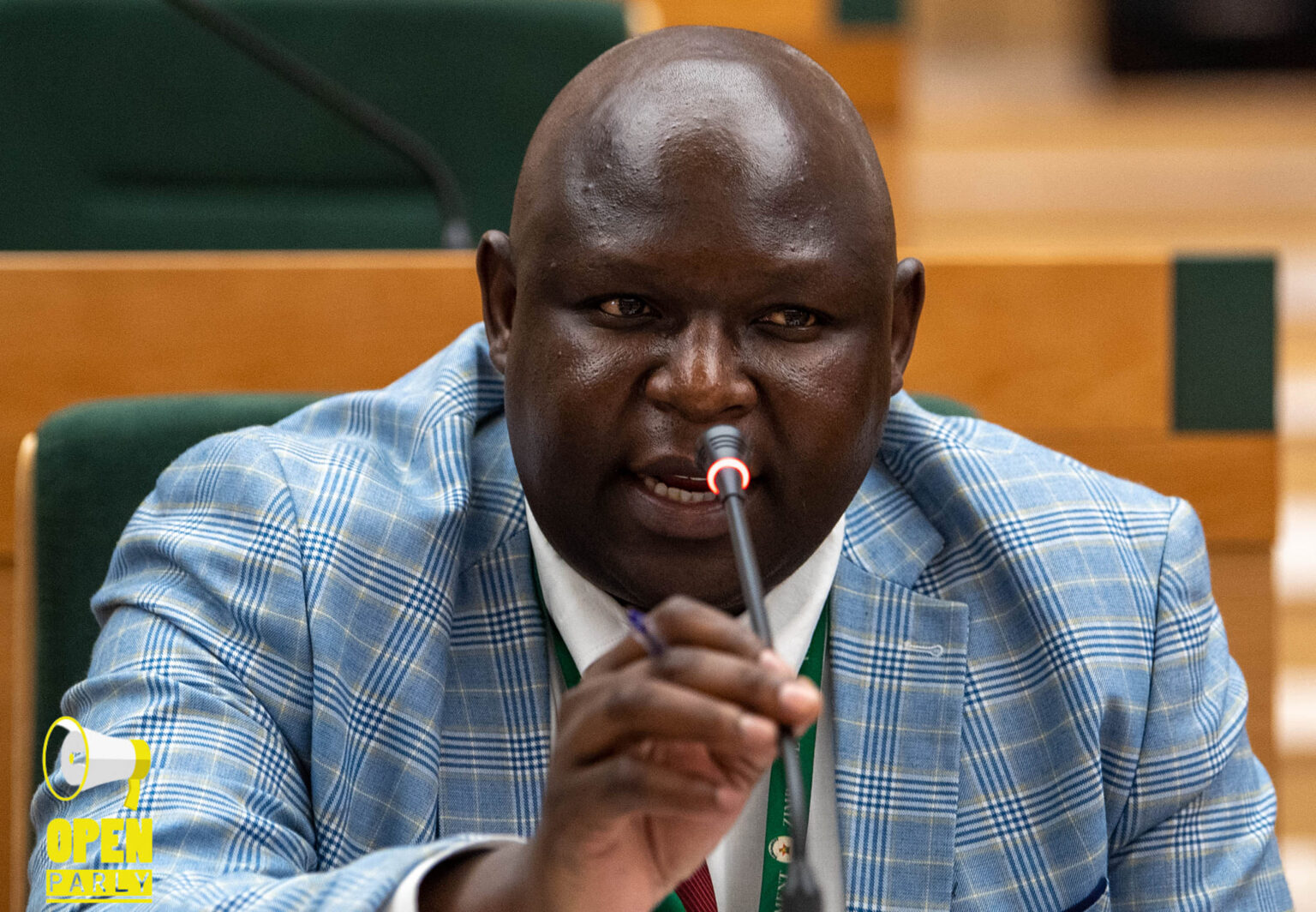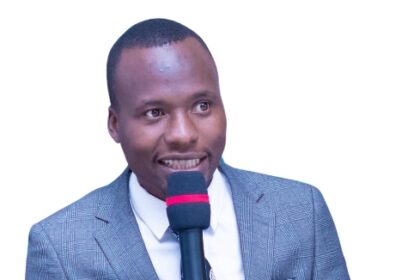Corban Madzivanyika expresses reservations on US$37.1m horticulture loan, wants to see attorney general’s report first
Mbizo legislator Corban Madzivanyika has expressed reservations about the proposal by the government to borrow US$37.1 million from the International Fund for Agriculture Development (IFAD).
According to Minister Mthuli Ncube, the loan is meant to support horticulture projects mostly by smallholder farmers in the country.
However, Honourable Madzivanyika was against Parliament approving the loan, arguing that Zimbabwe has borrowed before, but there is nothing to show for it.
He added that there is no guarantee that the money will be used for intended purposes due to pronounced alleged corruption in the government.
Below is the full text of Honourable Corban Madzivanyika’s debate.
HONOURABLE CORBAN MADZIVANYIKA (MBIZO CONSTITUENCY): I want to add my voice to this important issue which relates to a loan which the Government of Zimbabwe, through the Ministry of Finance and IFAD to get a loan to the tune of 37 140 000 Million to support agriculture through the horticultural enterprise enhancement projects and to support the agricultural production or agriculture particularly the rural areas. This is a very important decision by the Minister in that, to be honest, in terms of productivity, we have got the land resources but what we do not have is capital. I think under the circumstances, this would also support the poor people of our society – [HON. MEMBERS. Hear, hear.] –
However, it is important to understand the basic tenets around the issues of the loan before we support this initiative. If allowed, maybe you might want to hear from the Minister before we give our final verdict on it but I am going to raise my issues right here.
The fundamental role of Parliament is to make laws and also to protect such laws. The Public Debt Management Act Section 11 provides limits on state borrowings. An Act of Parliament indicates that Zimbabwe should borrow up to the tune of 70% of our Gross Domestic Product (GDP).
What is Gross Domestic Product?
What is the Gross Domestic Product? The Gross Domestic Product represents the total value of goods that are produced in a particular country in a year. What we borrow must not exceed 70% of what we produce. That is the position of law. However, the law provides a situation whereby we can exceed the limit but only on outstanding circumstances. What is those Mr. Speaker? The outstanding circumstances are when there is an occurrence of a national disaster, then there is no way. There is COVID-19, we have to spend our way out, we can borrow when there is need for exceptional expenditure, not only on national disaster but also on drought, on account of a large capital project which Cabinet seems prudent.
If you look at these conditions Mr. Speaker Sir, as of September 2023, the Minister of Finance, Economic Development and Investment Promotion brought his 2024 national budget and on paragraph 97 of that budget, the Minister indicated that the debt to GDB ratio for Zimbabwe was 81.3%. That was 11.3% above the stipulated rate of 70% according to our Constitution. So will further borrowing not worsen our situation Hon. Speaker?
That is where the idea of mortgaging the future generations comes in because we are saying whatever you produce, 80% of that is debt. Are we not going to put ourselves in a vicious cycle of debt? As a nation, can we prosper under the circumstances?
Section 13 (2) (d) of the Public Debt Management Act stipulates that the Minister should seek approval from the Attorney-General in terms of the legalities. I thought as Parliament, we were supposed to be favoured with that report from the Attorney-General, whether the loan was up to date in terms of its legal aspect.
Lastly Mr. Speaker, the loan is going to be repaid over 40 years, starting from the 11th year after a grace period of 10 years. So my question is; if you look from the figures given by the Minister from year 11 to year 29, the total interest repayments amount to 48 million, only for year 11 to 29 without looking at the year 30 to 40. Yes, the interest payments are paid over time, but look at what we are losing. Is this deal a good deal for Zimbabwe?
Lastly Mr. Speaker Sir, I wish to highlight that Zimbabwe has borrowed before, but there is nothing to show for it. Our debt now, Mr. Speaker, is just about US$80 billion. Actually, we are already in debt distress. Are we going to succeed as a country if we continuously borrow?
Can we fund ourselves? Yes, it is so painful, it is so hard, but can we fund ourselves so that we do not consciously entangle ourselves to the vicious cycle of poverty through debt? If this debt sails through, what assurance do we have to the effect that this money is going to be benefiting everyone, the intended beneficiaries?
Zimbabwe is losing around US$2 billion every year as a result of corruption. These are facts that have been given on public fora. So are we sure that this amount will go to the intended beneficiaries Mr. Speaker? Thank you very much. I submit.-
Corban Madzivanyika expresses reservations on US$37.1m horticulture loan, wants to see attorney general’s report first
Corban Madzivanyika expresses reservations on US$37.1m horticulture loan, wants to see attorney general’s report first



